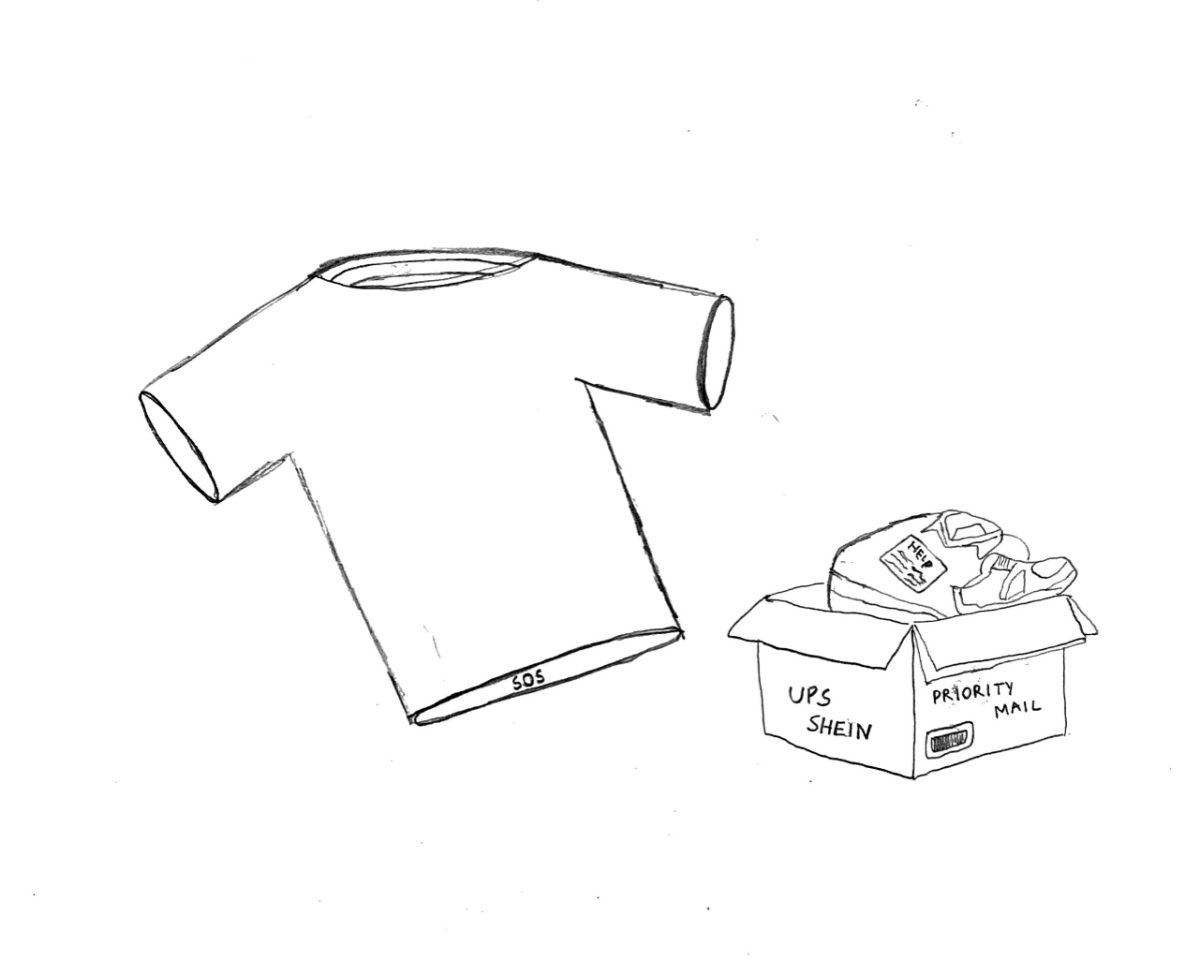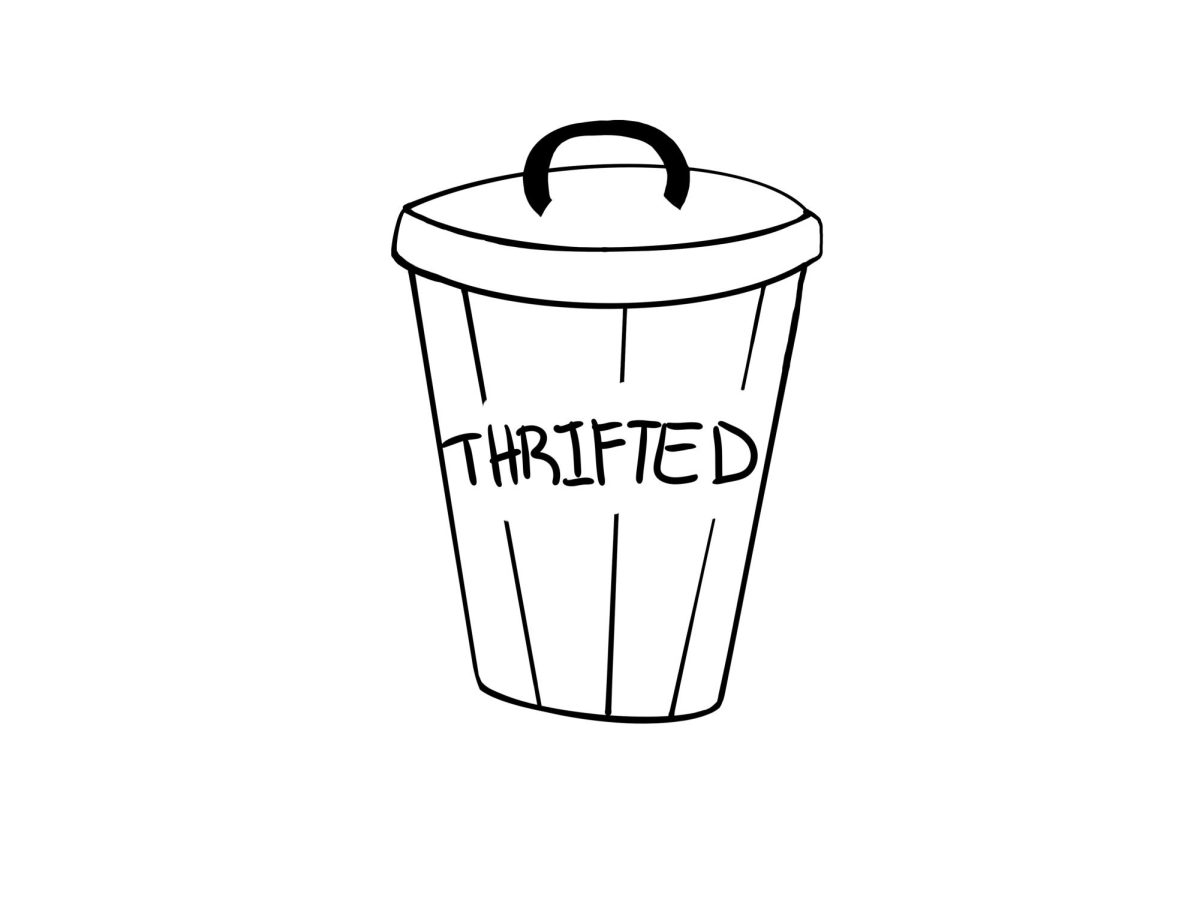As I was walking down the halls prior to finals week, I heard several people talking about a new app: Brighten. I downloaded the app that same night, unaware of its popularity, but willing to check it out. A few hours later, one of my friends sent me a message through the app: “You’re so beautiful,” it read. I was initially flattered, but a few compliments later, I wasn’t as excited. Why can’t these people come up to me and say these compliments personally? They would mean much more if I could see the person face-to-face.
It is easy to see why Brighten gained popularity so quickly—people appreciate the messages that the app promotes. Recipients of the compliments gain confidence and feel appreciated, while those who give the compliments feel like they have made someone’s day.
However, as humans, we are naturally inclined to see the negative qualities in others and ignore the things that truly matter: the characteristics that make everyone special. According to psychologist Rick Hanson, the amygdala, which is the “alarm” of your brain, uses about two-thirds of its neurons to

look for bad news. Negative stimuli produce more neural activity than do equally intense positive ones and the negative stimuli are perceived more easily and quickly. For example, people in studies can identify angry faces faster than happy ones even if they are shown these images so quickly that they cannot have any conscious recognition of them. Based on the makeup of our brains, we often find it difficult or awkward to say something nice about someone else. Even though Brighten encourages us to recognize and let others know what we appreciate about them, why do we need an app to enable us to do so?
We live in a generation of evolving technology, leading to new modes of transportation, new ways to communicate and new ways to live. However, we are also a generation completely dependent upon our phones. We are constantly obsessed with what is happening on social media or consumed by communicating through texting. Brighten encourages us to hide deeper behind our screens instead of making personal connections with others. We need to learn how to communicate effectively beyond our screens. Since a young age we have been trained how to speak to other successfully or present in front of groups but we now hide those skills and communicate solely through our technology. Making more valuable connections starts with talking face-to-face to others in a positive and constructive way.
Not only does Brighten allow us to depend on the privacy of our technology, but it also promotes a lack of self-confidence. By having an app that allows you to anonymously compliment others, we are being told that it is preferable to compliment someone without revealing your identity. Does that really sound encouraging? We learn a lot from what is online or on our phones. Anonymity is often used to be secretive, but compliments should not be a silent act, but an act that is acknowledged regularly. By instilling that praise for others should be anonymous, people feel as though they can’t share admiration toward friends or acquaintances without feeling uncomfortable.
Most of all, we need to learn how to look at someone and say, “Wow, your presentation was so powerful today,” or “Hey, you played amazing at practice today.” We all have the courage to do so, but the first step toward truly complimenting someone is eliminating the distraction of Brighten so people will recognize how easy it is to praise someone in person. Even though we naturally tend to identify the faults in others, we all have the ability to see the positive qualities in everyone and discover those characteristics that make each one of us special. Now, we just have to learn to put down our phones and compliment others face-to-face.

















